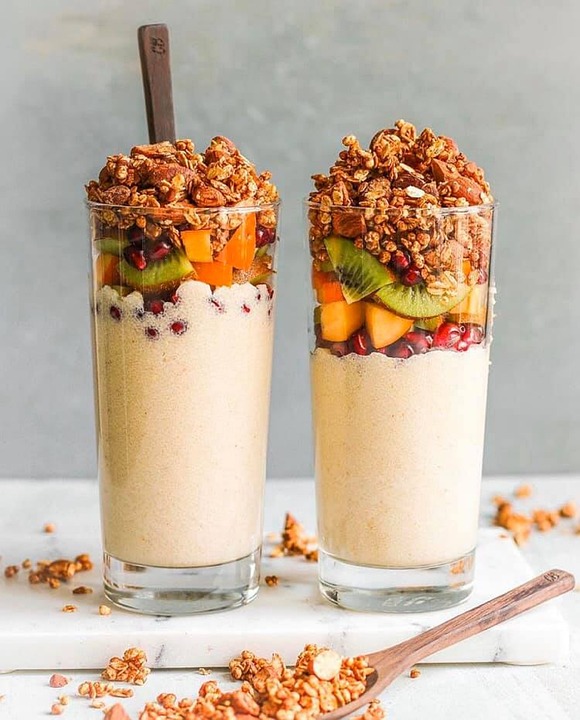Introduction
Functional and organic juice lines have become increasingly popular in recent years due to the growing consumer demand for healthier and more sustainable beverage options. As a result, many juice companies are focusing on improving their packaging to align with these values. One key aspect of sustainable packaging is the use of recyclable caps and labels. In this report, we will explore the current standards for recyclable caps and labels in functional and organic juice lines, as well as the financial implications for companies in the industry.
Current Standards for Recyclable Caps and Labels
Recyclable Caps
Recyclable caps are an essential component of sustainable packaging for juice products. Caps are typically made from materials such as polyethylene terephthalate (PET) or polypropylene (PP), which are widely recyclable. Many juice companies are now choosing to use caps that are specifically designed to be easily separated from the bottle during the recycling process, making it more likely that the caps will be recycled properly.
Recyclable Labels
Labels on juice bottles can also have a significant impact on the recyclability of the packaging. Traditional labels are often made from materials that are not easily recyclable, such as paper or plastic film. However, many juice companies are now opting for labels made from recyclable materials such as paper or biodegradable plastics. These labels can be easily removed during the recycling process, ensuring that the entire bottle can be recycled efficiently.
Financial Implications for Companies
The shift towards using recyclable caps and labels in functional and organic juice lines can have both financial benefits and challenges for companies in the industry. On one hand, investing in sustainable packaging can help companies attract environmentally-conscious consumers and enhance their brand image. Additionally, using recyclable caps and labels may result in cost savings in the long run, as recycling materials can be more cost-effective than producing new ones.
However, there are also upfront costs associated with transitioning to recyclable packaging. Companies may need to invest in new equipment or modify their production processes to accommodate recyclable caps and labels. Additionally, the cost of sourcing recyclable materials may be higher than traditional packaging materials, at least initially. Companies will need to carefully consider these financial implications and weigh them against the potential benefits of using recyclable caps and labels.
Industry Insights
The juice industry is highly competitive, with a wide range of companies competing for market share. As consumer preferences shift towards healthier and more sustainable products, juice companies are under pressure to adapt their packaging strategies to meet these demands. Many companies are now prioritizing sustainability in their packaging, including the use of recyclable caps and labels.
Some companies in the juice industry have already made significant strides towards using recyclable packaging. For example, companies like Naked Juice and Suja Juice have committed to using 100% recyclable packaging for their products. These companies have seen positive feedback from consumers and have been able to differentiate themselves in the market by prioritizing sustainability.
Overall, the trend towards using recyclable caps and labels in functional and organic juice lines is likely to continue as consumers become more environmentally-conscious. Companies that embrace sustainable packaging practices may benefit from increased consumer loyalty and a competitive edge in the industry.
In conclusion, the use of recyclable caps and labels in functional and organic juice lines is becoming increasingly important in the juice industry. Companies that prioritize sustainability in their packaging strategies stand to benefit financially and may gain a competitive advantage in the market. As consumer demand for sustainable products continues to grow, it is likely that more juice companies will adopt recyclable packaging practices in the future.




